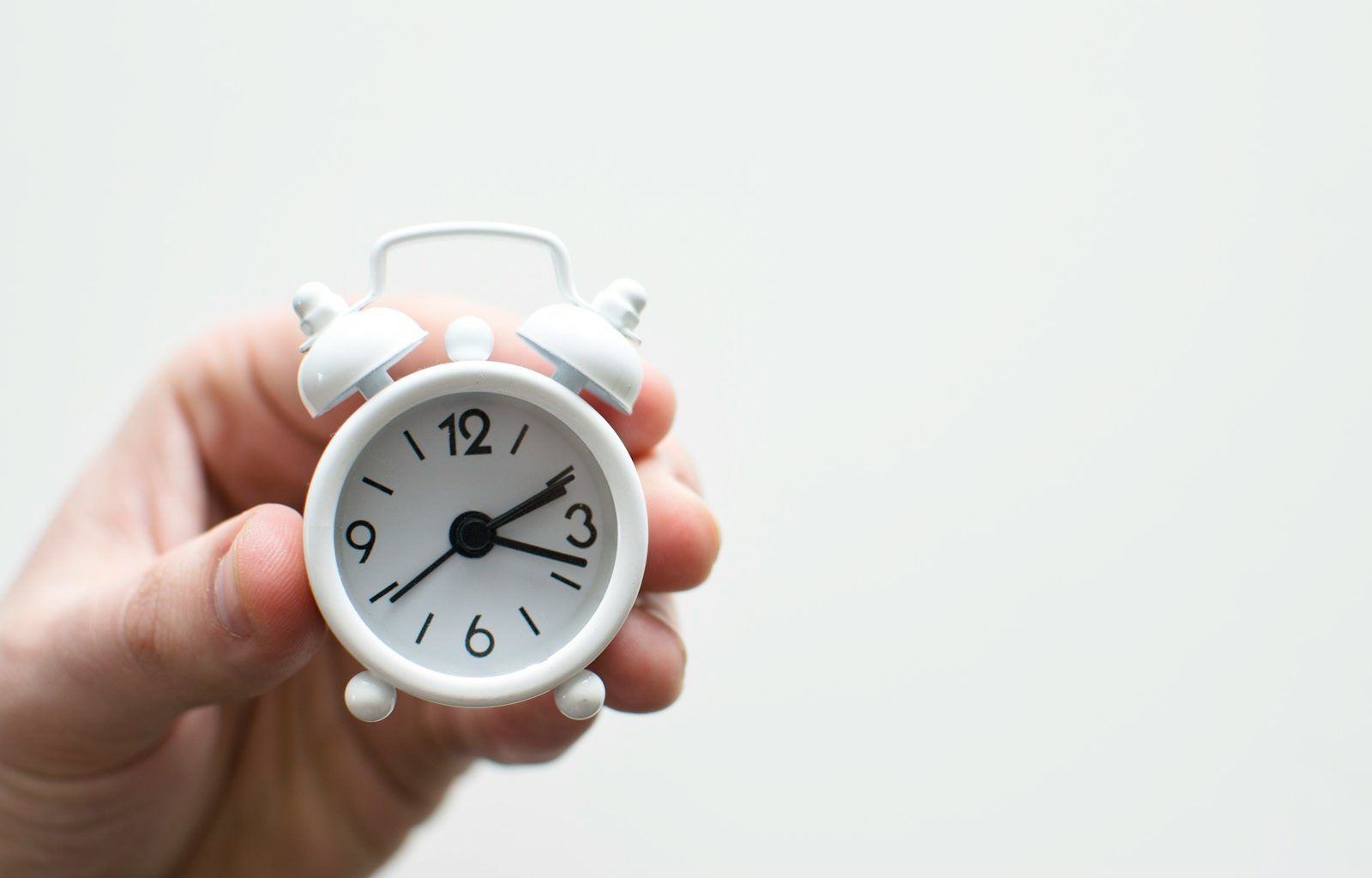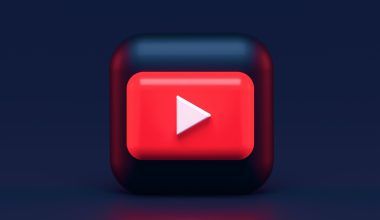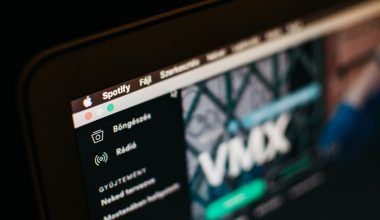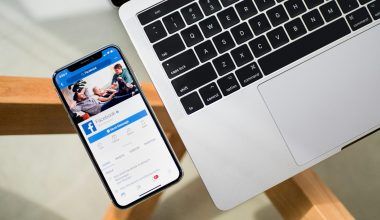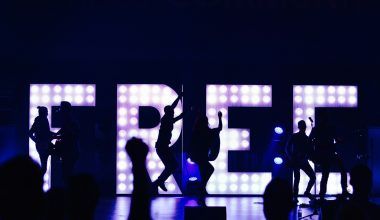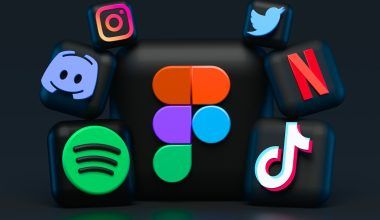When it comes to music, terms like single, EP, and LP often come up, and they can be confusing if you’re new to the industry or just a casual listener. What do these terms mean, and how do they relate to single vs ep vs lp time it takes to listen to or create them? Let’s dive into it and break it down in a way that’s easy to understand.
What Is a Single?
A single is the simplest form of music release. Typically, it consists of one track, though sometimes it may include a B-side or a remix. Singles are often used to promote an album or to test the waters with a new sound. Artists release singles to give listeners a taste of their style or upcoming projects.
In terms of time, singles are usually around 2 to 5 minutes long. They’re quick, catchy, and straight to the point. Think of your favorite hit songs; chances are they’re singles. Because they’re short, singles are perfect for radio play and for listeners who want a quick dose of music.
If you’re an artist, creating a single is often the fastest way to get your music out there. It’s less time-consuming than putting together a full album or even an EP, and it allows you to focus all your energy on making one song as good as it can be.
The Role of EPs
EP stands for “Extended Play,” and it sits between a single and an album in terms of length. EPs usually have 3 to 5 tracks, lasting anywhere from 10 to 30 minutes. They’re longer than a single but shorter than an LP (more on that in a moment).
EPs are often used by artists to showcase their range without committing to a full album. They’re like a sampler platter at a restaurant, giving listeners a taste of what the artist has to offer. For new artists, an EP can be a great way to build an audience and experiment with different sounds. Established artists might use EPs to release new material between albums or to explore a new direction.
From a listener’s perspective, an EP is ideal when you have a little more time to enjoy music but don’t want to commit to a full album. It’s also a great way to discover new artists because it’s more comprehensive than a single but not as overwhelming as a full LP.
For artists, creating an EP requires more time and effort than a single. You’ll need to develop multiple songs that work well together. However, it’s less demanding than an LP, making it a manageable step up from releasing singles.
The Full Experience: LPs
LP stands for “Long Play,” which is essentially what we think of as a traditional album. LPs typically contain 8 to 15 tracks and run anywhere from 30 minutes to over an hour. They’re a complete package, offering a deep dive into an artist’s world.
An LP tells a story or showcases a theme. It’s not just about individual songs; it’s about the experience as a whole. Listening to an LP often feels like a journey, with highs and lows, fast tracks, and slower ballads.
For artists, creating an LP is a significant investment of time and energy. You’re not just crafting individual songs; you’re thinking about how they fit together. Many artists spend months or even years working on an LP, making it a labor of love.
For listeners, an LP is the ultimate way to connect with an artist. It’s perfect for long drives, lazy Sunday afternoons, or any time you want to immerse yourself in music.
Choosing Between Single, EP, and LP
So, how do you decide whether to focus on a single, an EP, or an LP? The answer depends on your goals, whether you’re an artist or a listener.
If you’re an artist, think about your current stage in your career. Are you just starting out? A single might be the way to go. Do you want to show some variety but aren’t ready for a full album? An EP is a great choice. If you’re ready to make a big statement, an LP can cement your place in the industry.
If you’re a listener, your choice might depend on your mood or how much time you have. Need a quick pick-me-up? A single will do the trick. Want to explore an artist’s sound but don’t have an hour to spare? Go for an EP. Looking for a full musical journey? Dive into an LP.
The Impact of Streaming
Streaming platforms have changed the game for singles, EPs, and LPs. In the past, singles were released on physical formats like vinyl or CDs, often with a B-side track. EPs and LPs were primarily physical albums. Today, everything is digital, and that’s opened up new possibilities.
On platforms like Spotify and Apple Music, artists can release music whenever they want, without the constraints of physical formats. This has led to more singles and EPs being released because they’re quicker and cheaper to produce than LPs. At the same time, LPs haven’t gone away; they’re still a major milestone for any artist.
Streaming has also changed how we listen to music. With playlists and shuffle modes, many people consume music one track at a time. However, there’s still a place for the full-album experience, especially for fans who want to dive deep into an artist’s work.
Time Commitment and Value
One of the biggest differences between single vs ep vs lp time commitment involved—both for artists and listeners. Singles are quick and easy, EPs are a bit more involved, and LPs require the most time and energy.
But it’s not just about the time; it’s also about the value. A single can be a masterpiece, an EP can be a perfect balance, and an LP can be a magnum opus. Each format has its own strengths and offers something unique.
Final Thoughts
Understanding the differences between single vs ep vs lp time can help you appreciate music more deeply, whether you’re an artist or a fan. Each format serves a purpose, and each has its own charm.
So, the next time you hear a new single, check out an EP, or dive into an LP, take a moment to appreciate the time, effort, and creativity that went into it. Whether you have just a few minutes or a whole afternoon, there’s always music out there waiting to be discovered.
For further reading, explore these related articles:
For additional resources on music marketing and distribution, visit DMT Records Private Limited.
